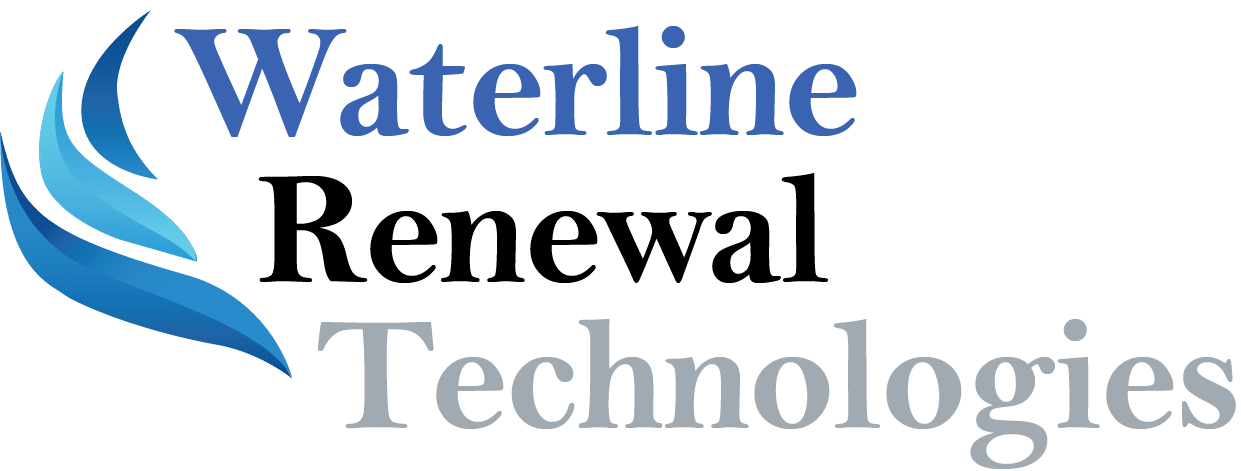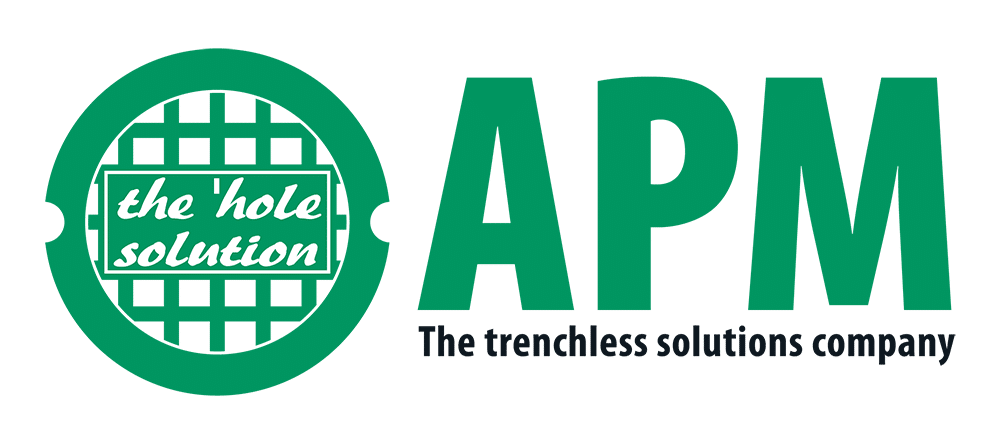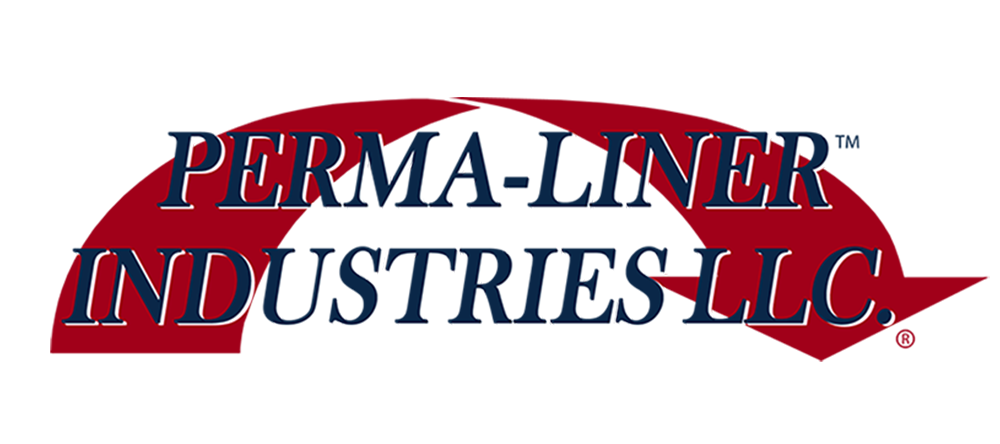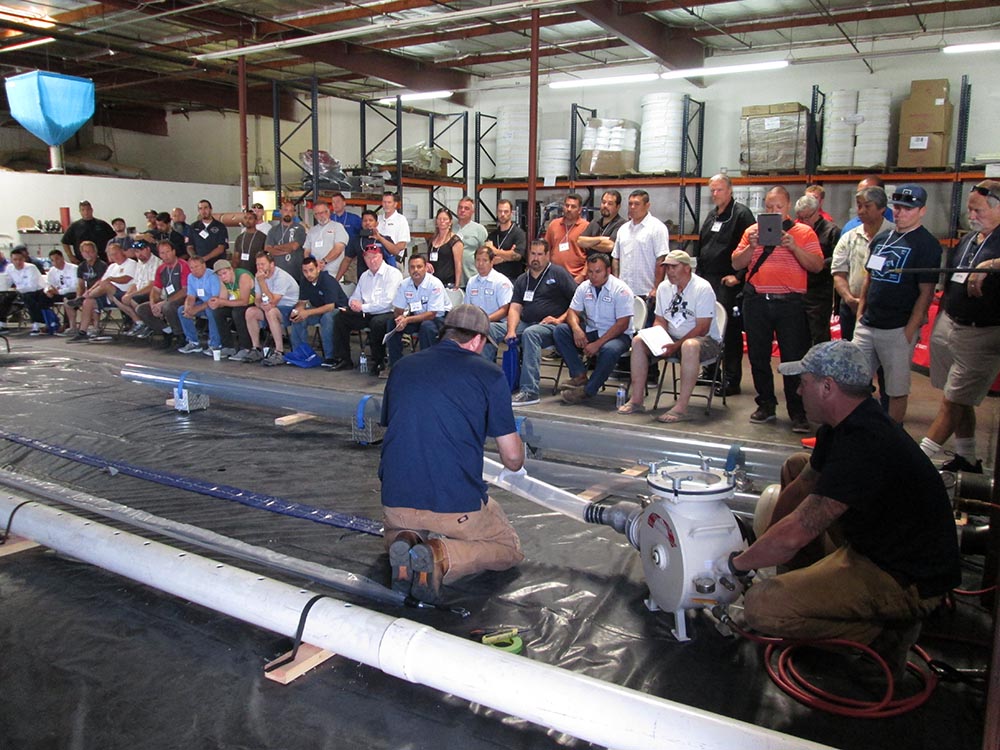The University of California at San Diego has a task oriented and carefully documented system for reporting sanitary sewer overflows when they occur. The goal for the UC San Diego’s Sewer System Management Plan is to schedule and properly manage, operate, and maintain all parts of the sanitary sewer system, as well as to identify effective notification and response procedures that will be used to address sanitary sewer overflows (SSOs). The Environment, Health & Safety Department is required to maintain detailed documentation of SSOs for at least five years. Maintaining these records will help EH&S track the number of spills and their volumes, as well as, measure the effectiveness of the Overflow Emergency Response Plan (OERP). Based on the information collected EH&S can determine which areas of the sewer system need to be prioritized and if the OERP needs to be updated in order to improve response activities.
For each SSO these records must include, but are not limited to, Records documenting each sanitary sewer overflow event; Complaint records documenting how necessary departments responded to all notifications of possible or actually sanitary sewer overflows, both during and after business hours, including complaints that do not result in a sanitary sewer overflow; Records documenting steps and/or remedial actions taken. Spill response activities taken; Records documenting how all estimate(s) of volume(s) discharged and, if applicable, volume(s)recovered were calculated; Electronic monitoring records relied upon for documenting sanitary sewer overflow events and/or estimating the sanitary sewer overflow volume discharged. Whether or not health warnings were posted; Steps that have, and will be, taken to prevent the SSO from recurring and a schedule to implement those steps; work orders, work completed, and any other maintenance records that are associated with responses and investigations of system problems related to SSOs.










